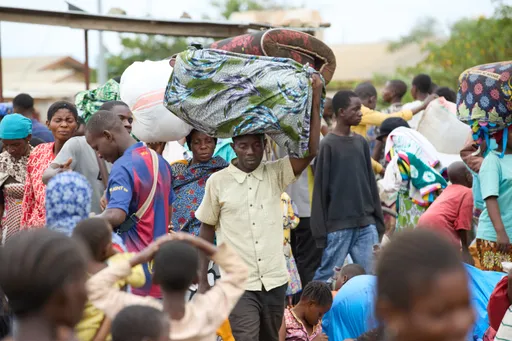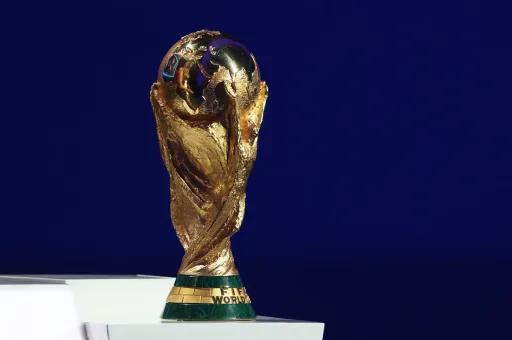Nigeria’s statistical agency says it will add illegal and hidden economic activities while calculating the GDP of the country.
Gross domestic product estimates the size of an economy by calculating the value of goods and services produced.
Nigeria is an African powerhouse but corruption and black marketeering are rampant in economic activities in the country.
It is currently the fourth largest African economy, according to International Monetary Fund figures, after occupying top spot until 2022.
It has been replaced by South Africa, Egypt and Algeria.
Digital economy
Moses Waniko, a senior official at the National Bureau of Statistics (NBS), said the new exercise could show that Nigeria has a bigger economy than currently estimated.
"There are economic activities that have no legal backing," he said on Thursday. "The practitioners earn income from them and sometimes live bigger than those in the formal sector. At the end of the day, the income earned impacts the formal economy," Waniko was quoted by Reuters as saying.
Nigeria last revised its GDP in 2010. Waniko said a new calculation was necessary to reflect changing economic realities. It will consider 2019 as the base year, he said.
New segments to be considered in the calculation include the digital economy, health and social insurance, pensions, modular refineries, mining and households employing labour.
Oil drop
"We expect that the size of the economy will be bigger," he said.
"The tax-to-GDP ratio is something that people may want to see... Debt to GDP ratio of 18.5 percent as of September 2019 could also reduce with the bigger size of the GDP, and then per-capita income will increase after the rebasing."
He said the contribution of the crude oil sector to the economy had reduced, dropping from third place to fifth. The real estate sector is now in third place after agriculture and trade.
➤Click here to follow our WhatsApp channel for more stories.
























